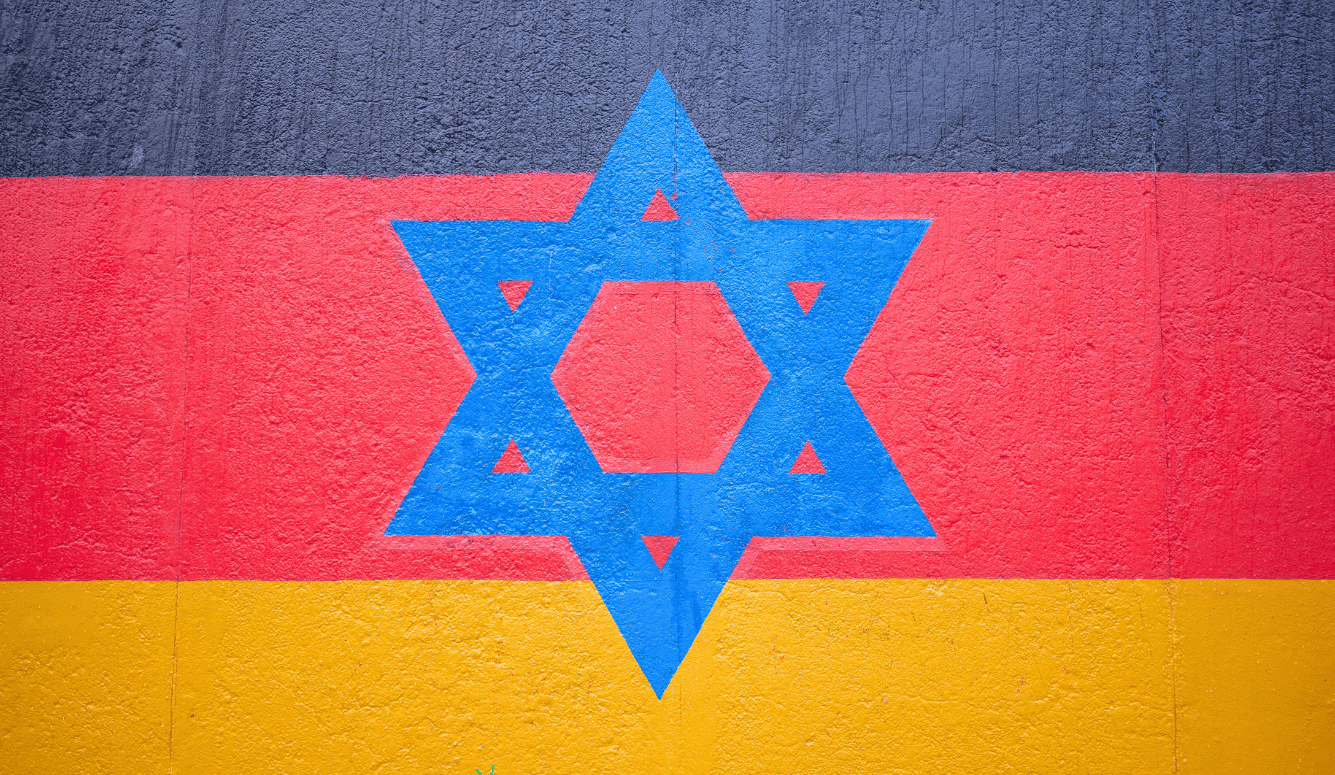Israel
Anti-Zionism’s German Roots
While Islam traditionally treated Jews with contempt, antisemitic conspiracy theories imported from Germany escalated this animosity by vilifying Jews as agents of diabolical evil.

A full audio version of this article can be found below the paywall.
Anti-Israel activists in Germany who call on the country to “free Palestine from German guilt” not only downplay our Holocaust responsibility but also ignore the significant role that German antisemites played in shaping anti-Zionism in the Middle East. Their influence reflects a deep-rooted and enduring anti-Zionist strain within German antisemitism that predates even the rise of Nazism.
I’m not suggesting that Germany is to blame for Jew-hatred and anti-Israel sentiment in the Middle East. Islamic anti-Judaism traces back to the religion’s early scriptures, and Israel’s military and economic success challenges claims of Muslim superiority. Moreover, Israel’s very existence frustrates Islamist ambitions for a caliphate in what they regard as Muslim lands. However, as historian Matthias Küntzel points out, while Islam traditionally treated Jews “with contempt or condescending toleration,” imported antisemitic conspiracy theories escalated this animosity by vilifying Jews as agents of diabolical evil.
First translated into Arabic in 1925, The Protocols of the Elders of Zion, a fabricated document falsely purporting to detail a Jewish plot for global domination, gained significant traction in the Middle East amid rising tensions between Arab and Jewish populations in the British Mandate of Palestine. The forgery was weaponised by Arab-Palestinian nationalist and Islamic groups to stoke anti-Zionist and anti-Jewish sentiment, linking their cause to a broader conspiracy narrative most virulently promoted by German antisemites. “I believe in the inner, but not the factual, truth of the Protocols,” future Nazi propaganda minister Joseph Goebbels recorded in his diary in 1924, reflecting his ideological commitment to the antisemitic myth.





